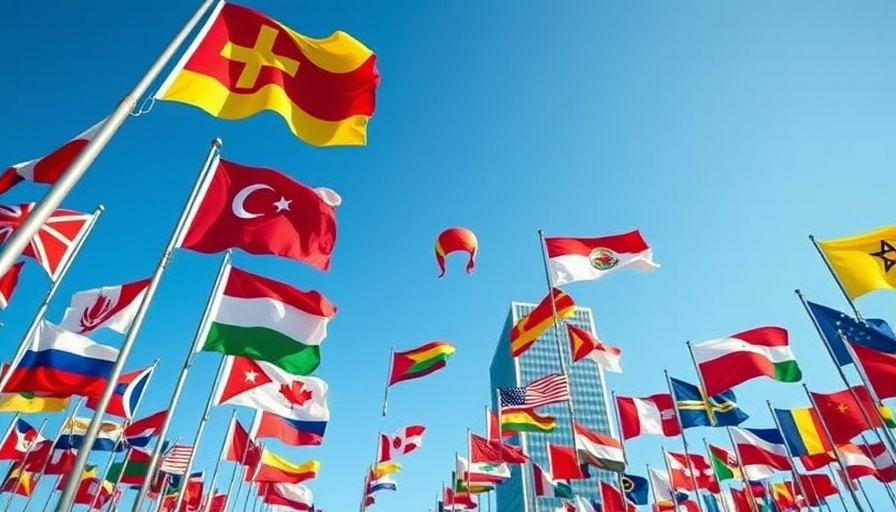
Is the Trump Administration Setting a Disturbing Precedent?
The recent move by the Trump administration to issue a questionnaire to U.N. agencies, including prominent entities like UNICEF and the U.N. Refugee Agency, has ignited a debate over its implications for U.S. diplomacy. This declaration demands clarity regarding these agencies’ affiliations with any group perceived as 'anti-American' or tied to communism and socialism. Critics assert that this approach represents an unprecedented intrusion into the sovereignty of independent international organizations. Supporters, however, argue that it is a necessary measure to curb waste and align foreign aid spending with American values.
The Questionnaire: A Deeper Look
In what many are calling a loyalty test, the questionnaire seeks detailed insights on how U.N. agencies operate. Questions probe whether these organizations have clear policies against endorsing any activities contrary to U.S. interests or national security. This intrusiveness drawn attention from former diplomats and critics, who argue that it undermines the essential independence required by these agencies to function effectively.
Historical Context and Potential Ramifications
This policy does not occur in a vacuum. Historically, U.S. administrations have had varied stances towards the United Nations, with the Trump administration frequently questioning multilateral norms, reflecting a stark shift from previous expectations of collaboration. Should this trend continue, we could see a significant transformation in how foreign aid operates globally, potentially undermining U.S. influence in international development efforts.
Diverse Perspectives: Charting a Path Forward
While the administration's supporters argue for accountability in foreign spending, the implications for global governance and human rights advocacy are critical. As Thomas Shannon, a former U.S. diplomat, suggests, many programs at the U.N. are designed not to promote ideological agendas but to address pressing humanitarian challenges. The ongoing dialogue around these measures underscores the need for a balanced approach that honors both U.S. values and global collaboration.
Concluding Thoughts: What’s Next?
As the Trump administration continues to take bold steps in redefining U.S. participation with international entities, the global landscape may witness significant shifts. Stakeholders must engage in these discussions and consider the ramifications of an isolationist perspective. It is crucial to not only address potential waste in U.S. aid but to also preserve the integrity and functionality of global partnerships.
Understanding these nuances helps unveil the complicated intersection of national priorities and international responsibilities. As the situation evolves, staying informed and engaged is essential for making sense of America’s role on the world stage.
 Add Row
Add Row  Add
Add 




 Add Row
Add Row  Add
Add 



Write A Comment